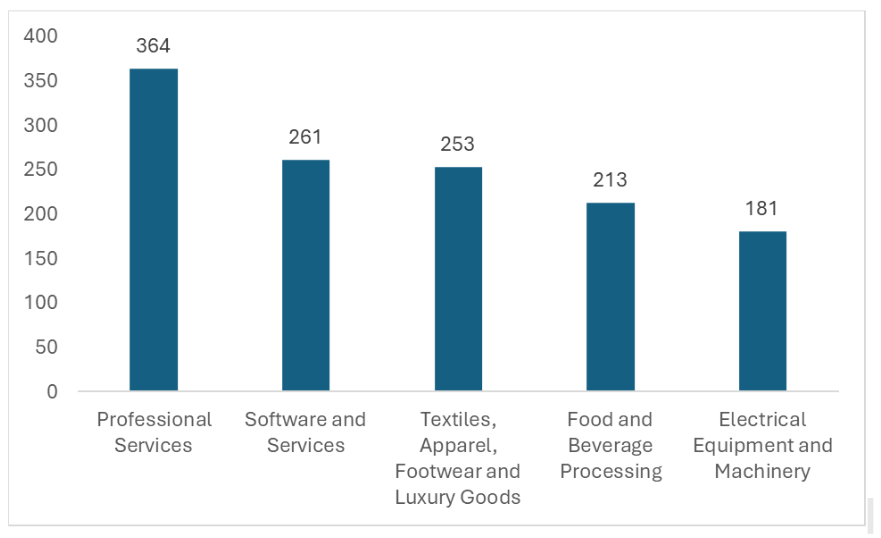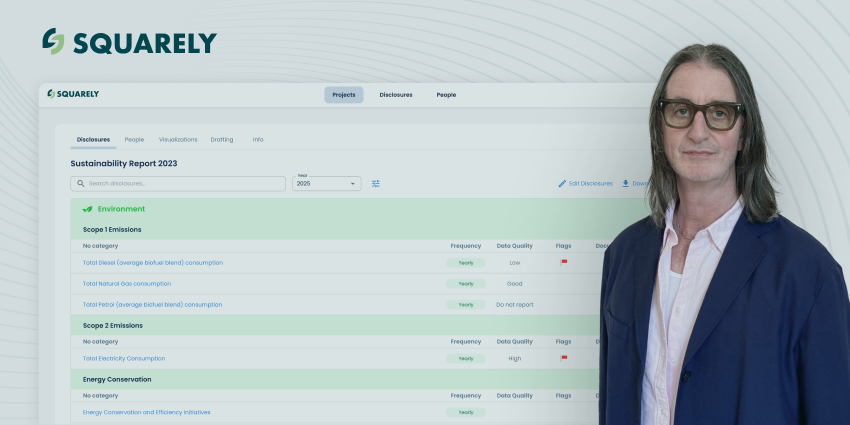The Global Net Zero Landscape: How Credible and Ambitious Targets Position Companies for Success
Firms with credible net zero strategies are often better placed to access a growing pool of capital.
The global shift towards net zero emissions is gaining traction as businesses of all sizes commit to reducing their carbon footprints. These commitments not only demonstrate environmental responsibility but also enhance corporate reputation and attract sustainability-focused investors.
An increasing number of large corporations and small-to-medium enterprises (SMEs) are committing to net zero Targets. Currently, 8,379 SMEs have joined the SME Climate Pledge, while 3,406 companies are aligned with the Science Based Targets initiative (SBTi) to commit to net zero.
Importance of Net Zero Commitments
Committing to net zero signals a company’s dedication to mitigating climate change, aligning with the Paris Agreement’s goal of limiting global warming to 1.5°C around 2050, as stated by the IPCC. These commitments build trust with stakeholders, customers, and communities by showing leadership in environmental responsibility.
Investor Focus on Net Zero
Investors are increasingly prioritising sustainability. Companies with net zero targets appeal to ESG-focused investors due to their strong governance and forward-thinking risk management. By 2025, ESG assets under management (AUM) are projected to reach $50 trillion, accounting for one-third of the global AUM. Additionally, green bond issuance is expected to range between $128 billion and $211 billion by 2025. Firms with credible net zero strategies are often better placed to access this growing pool of capital.
Global Trends in Net Zero Commitments
Countries with the highest numbers of companies committing to SBTi net zero targets include:
- United Kingdom: 726 companies
- United States: 438 companies
- Germany: 209 companies
Similarly, the top countries with SMEs committing to net zero through the SME Climate Pledge are:
- United Kingdom: 5,344 SMEs
- United States: 542 SMEs
- India: 303 SMEs
Sectoral Leadership in Net Zero
With a total of 51 sectors across 3,480 companies committing to science-based net zero, the professional services sector tops the chart, followed by software services and textile, apparel, luxury and footwear sector.

Net Zero companies in GCC
Within the Gulf Cooperation Council (GCC), at least 20 companies have committed to setting net zero targets in alignment with the SBTi. This illustrates the growing momentum in the region for addressing climate change and driving sustainability. The sectors leading the way include banks with three companies committed, while professional services, real estate, textiles, healthcare, and telecommunications each account for two companies. The remaining seven companies span a variety of industries, such as retailing, water transportation, specialized consumer services, trading, food production, pharmaceuticals, and mining. These diverse commitments underscore the region’s broadening efforts toward integrating net zero targets across critical industries.
Emissions Focus
The majority of companies committing to SBTi net zero targets are focusing on Scope 1 and 2 emissions (direct and energy-related emissions). Notably, 99.6% of companies have committed to addressing only Scope 1 and 2 emissions, while just 0.4% have also accounted for Scope 3 Category 11 emissions, which is from the use of sold products.
Scope 3 emissions—especially from the supply chain—are critical, as they can be 26 times greater than Scope 1 and 2 emissions combined. Addressing these emissions is essential for achieving comprehensive net zero goals. Net zero strategies are becoming critical for corporate sustainability. They align with growing stakeholder expectations—ranging from investors and customers to regulatory bodies—making them a key factor in long-term business success. Companies with credible and ambitious net zero targets are better positioned to attract investment, enhance brand reputation, and secure market leadership in a carbon-constrained future. As companies adopt net zero strategies, the focus is primarily on reducing direct emissions, though addressing indirect emissions from supply chains remains a key challenge.


